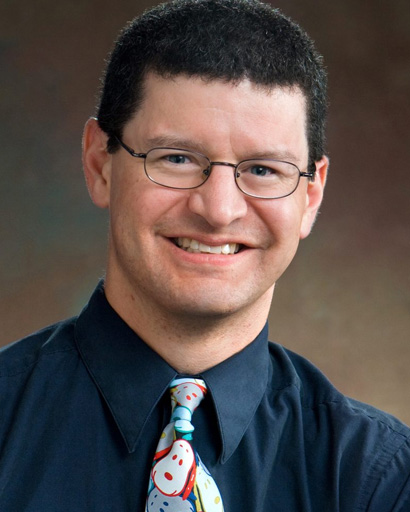- UCSD Moores Cancer Center
- Pediatrics
- (858) 534-6494
- pzage@ucsd.edu
Peter Zage, MD, PhD
Associate Professor in Residence
Shared Resources
Genes of Interest
Clinical Cancer Teams
Research Statement
Children with high-risk solid tumors have extremely poor survival rates despite intensive treatment. Furthermore, children with recurrent or refractory solid tumors respond poorly to additional therapy. There is a critical need for new treatment options for these children, and therapies directed against biologically relevant pathways are likely to improve their outcomes and reduce the incidence and severity of long-term complications. I have developed preclinical models of pediatric solid tumors and have used these models to develop and test novel treatment combinations that have been translated into early phase clinical trials for children with relapsed and refractory solid tumors. My long-term goals are to develop novel therapies and identify novel targets for therapies for children with solid tumors, in order to improve outcomes and to reduce the incidence and severity of long-term side effects.
Our research has identified potential key roles for the ubiquitin ligase UBE4B, the GCSF-receptor CD114, and the histidine kinase NME1 in the pathogenesis of neuroblastoma. Expression and activity of these critical genes are correlated with patient outcomes, responses to therapy, and neuroblastoma tumor differentiation, suggesting they may function as novel prognostic biomarkers and therapeutic targets. Our continued research looks to build on these findings through a better understanding of their mechanisms of action and functional links to responses and resistance to targeted therapies and through direct targeting of receptor trafficking as unique approaches to pediatric solid tumor therapy.



